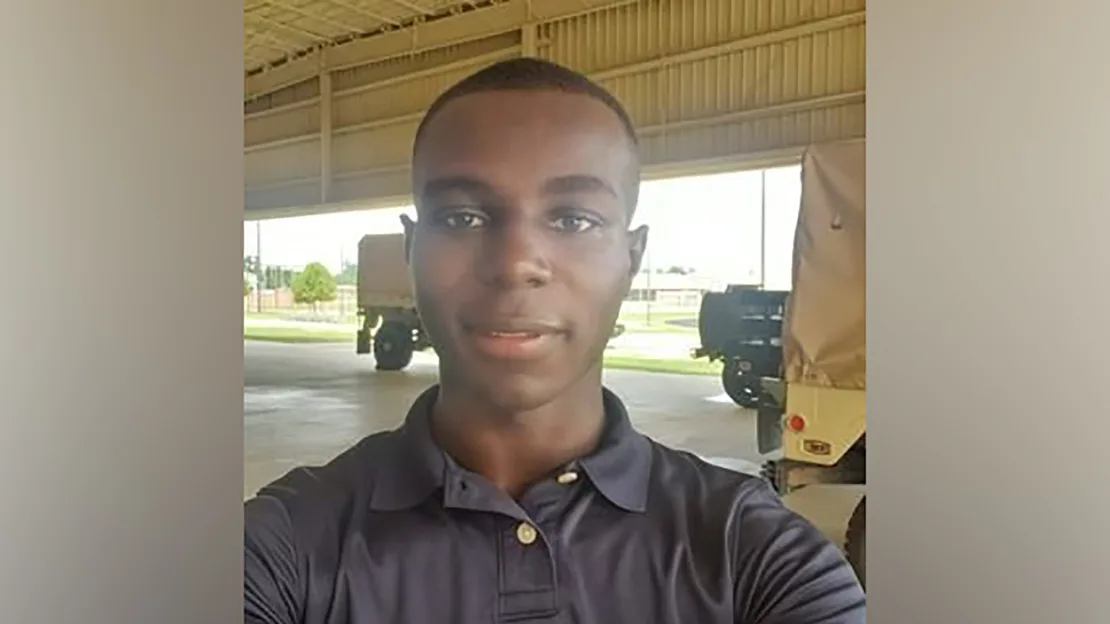In July 2023, Travis King, a United States Army soldier, defected to North Korea while participating in a guided tour of the Korean Demilitarized Zone (DMZ). King, who had recently completed a tour in South Korea, took part in the tour with a group when he suddenly ran across the border into North Korean territory.
During the incident, King was part of a group traveling through the DMZ, an area that separates North and South Korea. Witnesses reported that he appeared to act without warning. His actions surprised both the tour guides and fellow participants. The DMZ is known for its heightened military presence on both sides, making the crossing significant.
King’s decision to flee drew immediate attention and concern from U.S. officials and military leaders. The U.S. Army stated it was aware of the situation and was working to gather more information. The incident raised questions regarding the security of military personnel and the measures in place to protect them while in sensitive areas.
King’s background revealed a series of disciplinary issues during his military service. Reports indicated that he faced several legal challenges. These problems may have contributed to his decision to defect. North Korea, known for its strict regime and harsh penalties for those seeking to leave, poses significant risks for defectors.
The North Korean government has a history of using captured Americans for propaganda purposes. They often present such cases as a form of defiance against the U.S. and a demonstration of loyalty to the North Korean state. As a result, experts speculate about the strategic implications of King’s defection for U.S.-North Korea relations.
Following the incident, the U.S. government reiterated its warnings to citizens about the dangers of traveling to North Korea. With ongoing tensions between the two nations, policymakers expressed concern over King’s safety and the potential diplomatic ramifications.
Relations between the U.S. and North Korea remain complex and fraught with historical conflicts. King’s case may impact future interactions as both governments navigate the sensitive nature of the incident. The situation underlies the broader context of military personnel’s vulnerability in regions marked by instability and tension.

